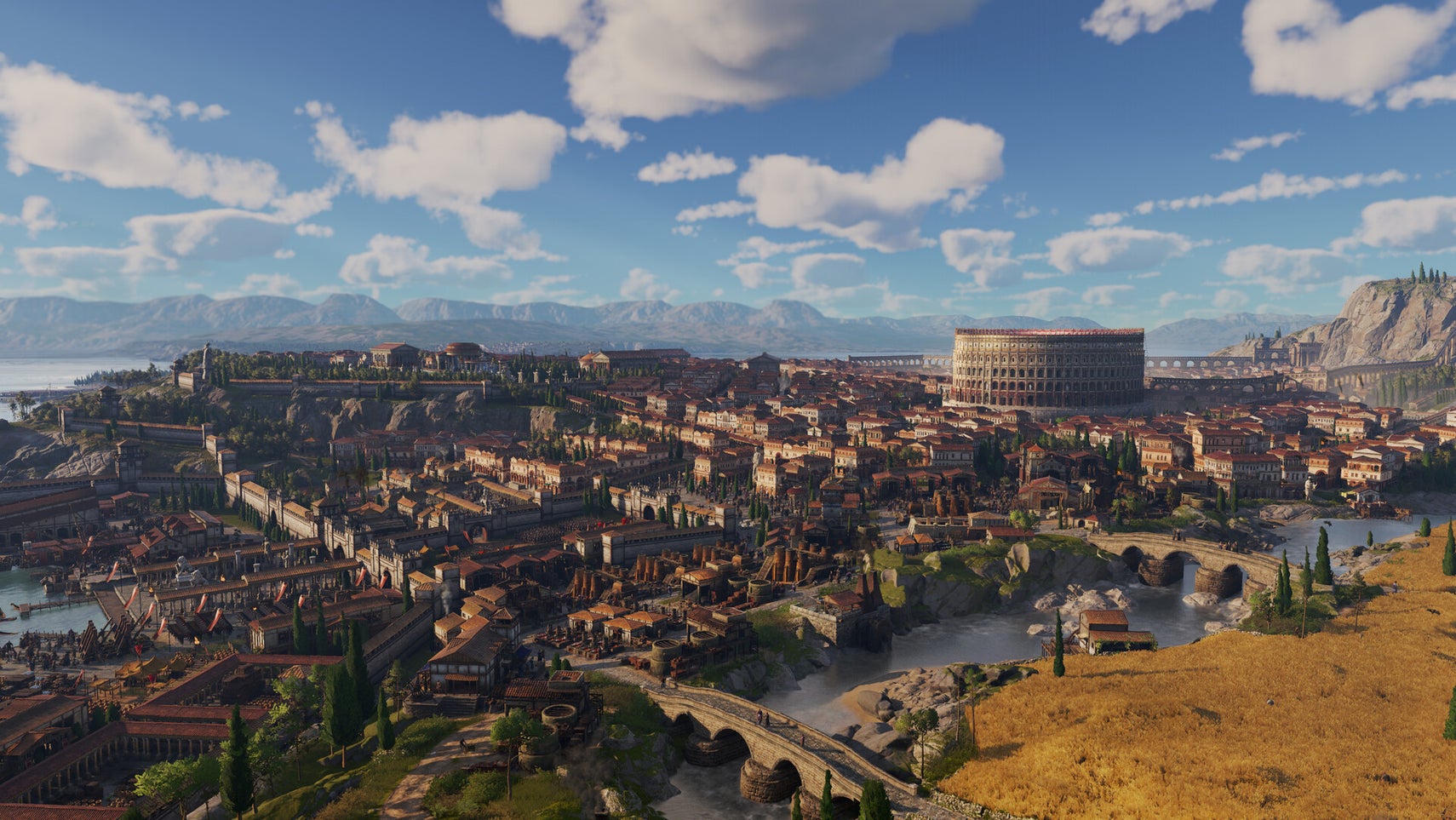Metacritic has taken down a review of Resident Evil Requiem attributed to one of its "highly respected critics" following the discovery that the reviewer is not a real person


Generative AI
News about AI services and models, as well as case studies on the use of generative artificial intelligence in video game development.
Under the leadership of Microsoft Gaming CEO Asha Sharma, Xbox is not experiencing any "pressure from Microsoft" to incorporate AI.
Krafton, the publisher behind the popular game PUBG, has named a new chief AI officer.
Asha Sharma, stepping into the position of CEO and Executive Vice President of Microsoft Gaming, has expressed a firm stance against "bad AI"
Developers of the open-source Godot are "exhausted and demoralized" by numerous low-quality pull requests. Non-functional requests generated by various LLMs are increasingly being submitted for review.
Guy Mowbray, a commentator for football (soccer), has authorized Electronic Arts to use artificial intelligence to recreate his voice for generating player names.
Unity has identified content creation using AI as one of the key development directions for the company by 2026
Sony might be contemplating postponing the release of its next-generation console in response to the persistent memory shortage crisis
Ares Interactive has secured $70 million in its latest Series A funding round to develop "a new generation of player-loved franchises"
Roblox has introduced a beta tool that allows users to generate interactive 3D models from text prompts, enhancing its previously launched 3D asset generation tool from last year. This new feature was detailed in a blog post.
The existence of the ban was revealed by Goichi Suda, the CEO of Grasshopper Manufacture, in an interview with Eurogamer. He knows about this firsthand, as his studio is part of NetEase
Strauss Zelnick, CEO of Take-Two Interactive, stated to GamesIndustry.biz that the company extensively employs AI, though it is utilized in tools rather than creative processes. He emphasized that "generative AI has zero part in what Rockstar Games is building" for GTA 6.
Despite the ever-growing popularity of AI, along with the associated hopes and fears, investments in training specialists continue to flow. In their column for App2Top, Magdalena Stryjewski, the Chief Operating Officer, and Elena Räikkönen, a manager from WN Media Group, explained why this is happening
In this interview, we conclude our review of the year 2025 along with top managers and experts from the gaming industry (and related fields). The final piece is a conversation with Artem Khandriko, an associate partner and head of IT/IP practice at REVERA.
Google has begun granting access to its newest AI tool, Project Genie, designed to enable users to create "playable worlds".
The organizers of the Game Developers Conference (GDC) have published the results of their traditional developer survey: this time, 2,300 participants took part. We’ve selected some interesting highlights from the report.
The organizers of the Game Developers Conference (GDC) have released the results of their traditional developer survey: this time, 2,300 people participated. We've picked out some interesting highlights from the report
The third installment of Gamescom dev's executive summit is set to make its return in February in Lisbon, Portugal
Jagex, the UK-based game developer, has announced that players will not find any AI-generated content in its games.
We continue to recap the year 2025 with gaming (or gaming industry-related) teams. Next up is an interview with the founder of Beresnev Games, Oleg Beresnev
Looking back at the year 2025, we couldn't help but take note of the state of Steam as a gaming platform. In today's comprehensive report, you'll find records, the median revenue of new releases, the most popular tags and engines, as well as chart leaders and other data. All of this is traditionally accompanied by graphs and commentary
Razer's CEO, Min-Liang Tan, stated that consumers are not interested in "generative AI slop" but desire tools that aid studios in creating quality games
We continue to wrap up the year 2025 with gaming (or gaming industry-related) teams and experts. Up next is an interview with Sergey Efremov, the Chief Operating Officer of Astrum Entertainment.
Valve, the prominent PC company, has updated its AI disclosure policy on Steam. The new rules now mandate that developers disclose the use of artificial intelligence technology only in specific circumstances.
The CEO of Shift Up, the company responsible for Stellar Blade and Goddess of Victory: Nikke, suggests that nations like South Korea must embrace AI technology to stay competitive with larger countries like China and the United States.
The announcement of the sequel to the visual novel "Endless Summer" sparked a storm of debate: gamers suspected that the developers used neural networks at least in the creation of promotional materials. Here's what happened.
Embark Studios appears undeterred by the recent criticism concerning its implementation of AI in creating Arc Raiders. The company stated it does not wish to "open the floodgates" regarding AI, and the feedback has not "changed [its] outlook" either.
Larian Studios, the Belgian game developer, has confirmed that generative AI will not be employed for concept art in the development of their forthcoming RPG, Divinity.
The game publisher Hooded Horse has announced that it will not collaborate with developers who incorporate generative AI into their work.
Neowiz, the developer and publisher behind Lies of P, is "actively exploring" the potential for generative AI to "boost [its] internal publishing productivity."
Sony has secured a patent for a novel AI system designed to help players who encounter difficulties in games.
Veteran actor Troy Baker acknowledges the allure of "demonizing" and "denigrating" AI and its influence on the global gaming sector but contends that AI will ultimately lead people toward "authentic" experiences. He noted, "For the last 2,500 years since we first set foot out onto a stage, humans have been doing this. So maybe we trust that."
Patrick Söderlund, the CEO and founder of Swedish game development firm Embark Studios, has stated that the company is not utilizing AI to cut back on its investment in human resources.
We continue to wrap up the year 2025 with video game developers. Up next is an interview with Slava Gris from RedblackSpade, the creator of the games Reflection of Mine, Catmaze, and Fearmonium
Swen Vincke, CEO of Larian Studios, has addressed the controversy arising from a recent Bloomberg interview by clarifying the company's stance on incorporating AI into its creative processes.
Traditionally, as January approaches, we summarize the outgoing year together with representatives from gaming and adjacent industries. Up next is an interview with Alexander Ptichkin, the creator of the Russian 2D engine PointJS
A coalition of six video game unions from Western Europe has come together to denounce artificial intelligence, hazardous work environments, and the recurrent layoffs affecting employees in the gaming sector.
Japanese publishing powerhouse Sega has announced its plan to incorporate AI in its game development processes while emphasizing a careful approach to its application
Meta's management is considering reducing the budget for the metaverse team by 30% in 2026, sources told Bloomberg.
Chequered Ink, a UK-based firm specializing in fonts, game assets, and indie games, has introduced a collection of 10,000 game assets aimed at providing aspiring developers with an option other than AI
Dan Houser, a seasoned veteran from Rockstar, has once more addressed the role of artificial intelligence within creative sectors
Dan Houser, a veteran of the Grand Theft Auto series, holds the conviction that human beings will continue to be the central force in creative endeavors both now and in the future.
Epic Games' CEO, Tim Sweeney, has stated that platforms such as Steam should refrain from labeling games created with AI.
At the end of summer, we compiled a comprehensive report on the state of the gaming stock market. To update the data and capture trends, we once again analyzed the status of over 60 public companies and examined how their positions have changed since the beginning of 2025. Inside, as usual, there are many charts, numbers, and information on various markets
Konrad Tomaszkiewicz, a seasoned professional at CD Projekt, has stated that although AI has a role in development, it should not take the place of human workers
Dan Houser, the co-founder of Rockstar Games and founder of Absurd Ventures, has expressed a differing opinion from many of his colleagues in the industry. He noted that although he and his team are experimenting with AI, it "is not as useful as some of the companies would have you believe yet"
Alberto Mielgo, an Oscar-winning artist, director, and animator, has contested allegations that artificial intelligence was employed in Marathon's latest eight-minute cinematic teaser.
This is the assertion made by the fired executives of the studio Unknown Worlds.
That's what the dismissed executives of Unknown Worlds studio claim.
Ubisoft has announced plans to eliminate an AI-generated image from Anno 117: Pax Romana, acknowledging that the image "slipped through [its] review process"

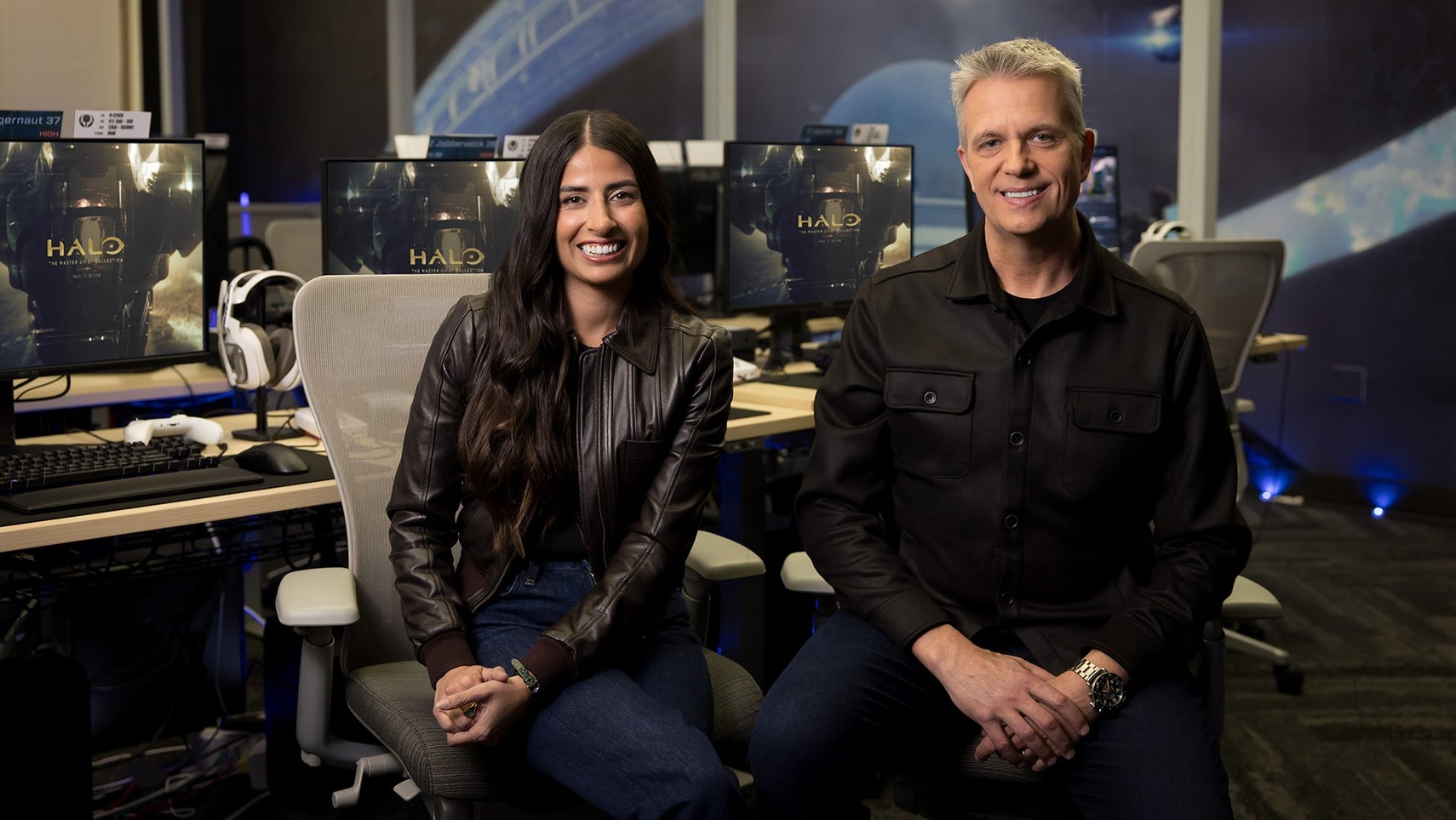
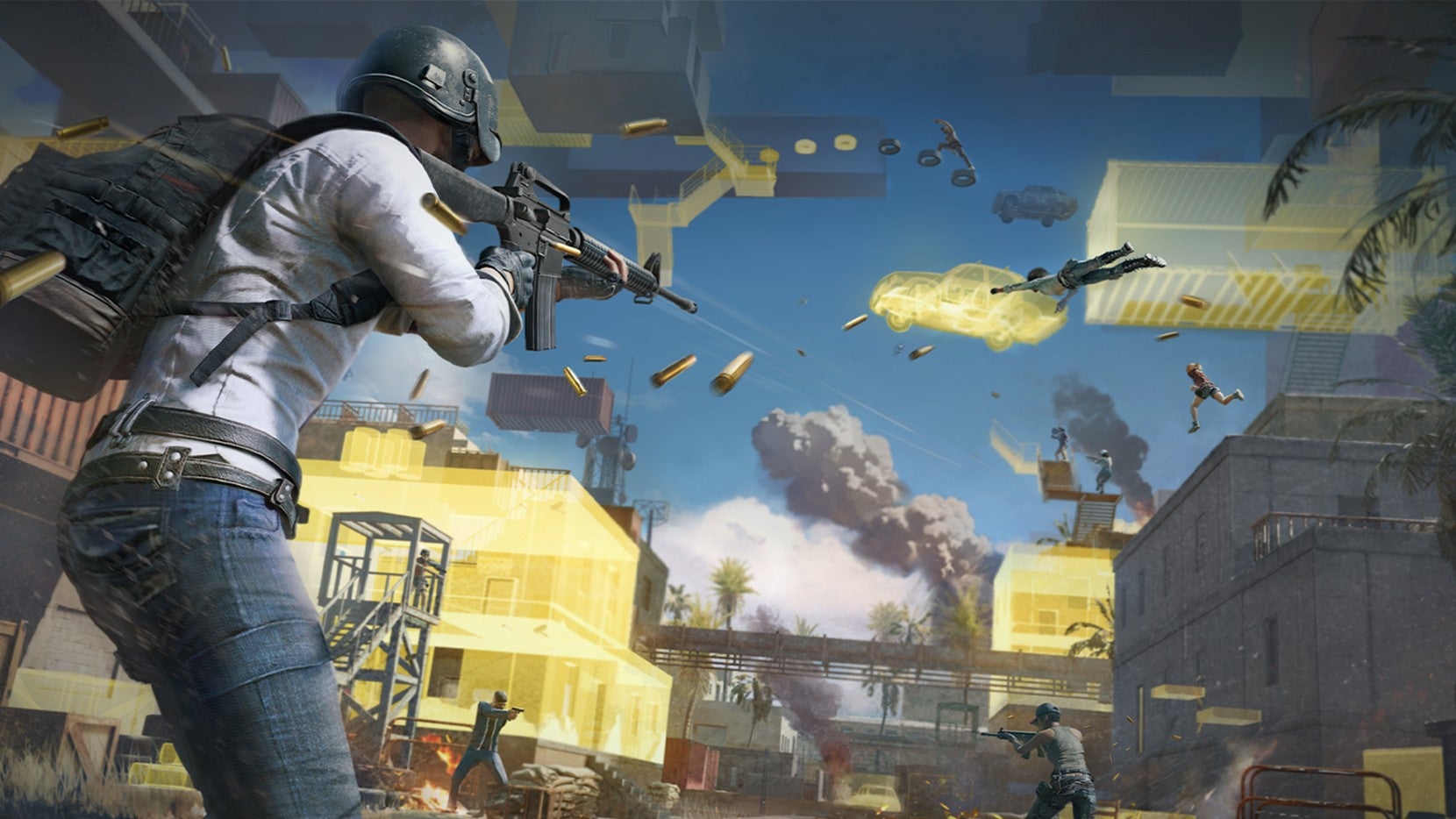

/https://app2top.ru/wp-content/uploads/2026/02/Godot-GE-1200x630.jpg)

/https://app2top.ru/wp-content/uploads/2026/02/unity-ai-new-1200x630.jpg)
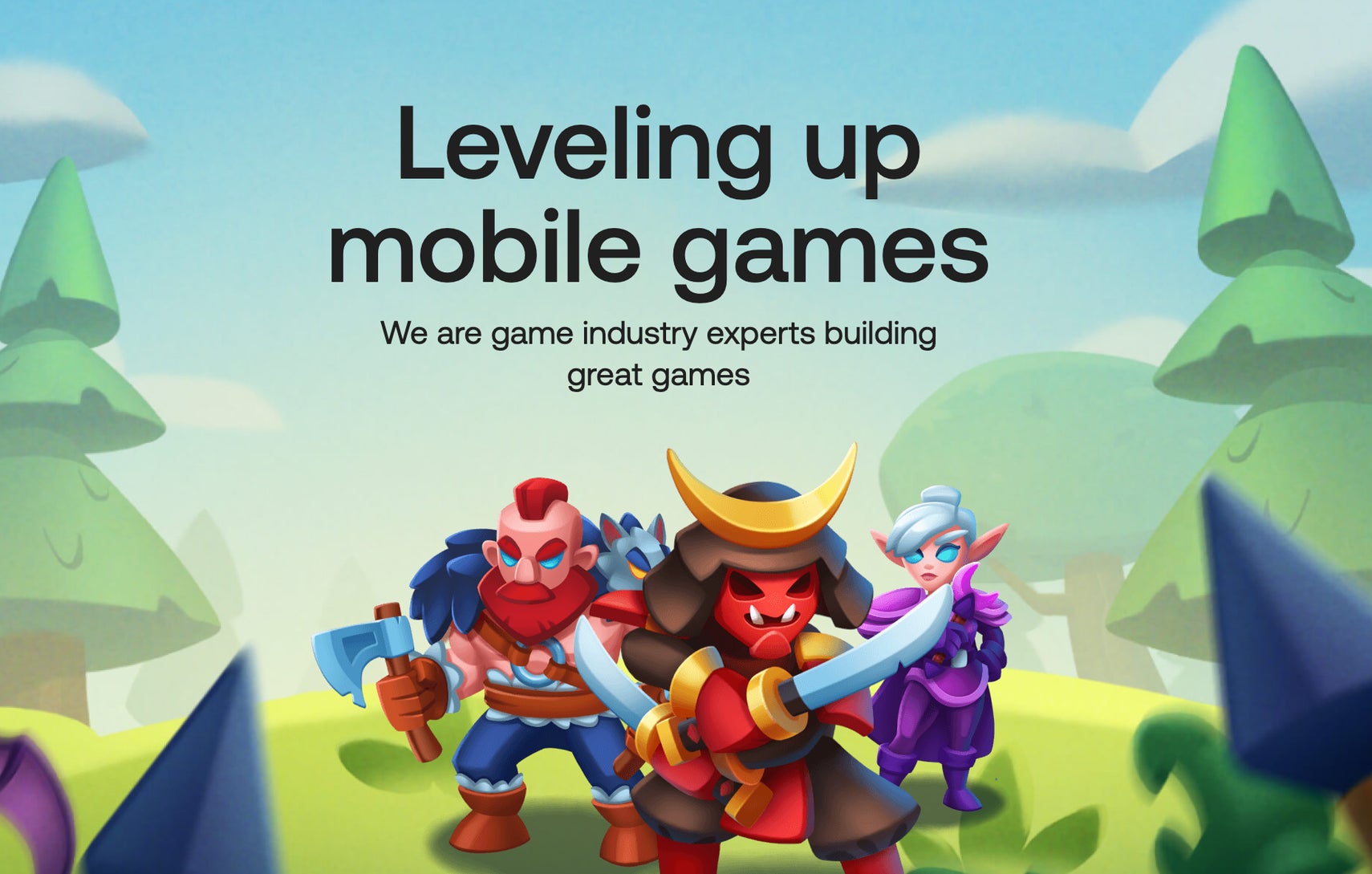
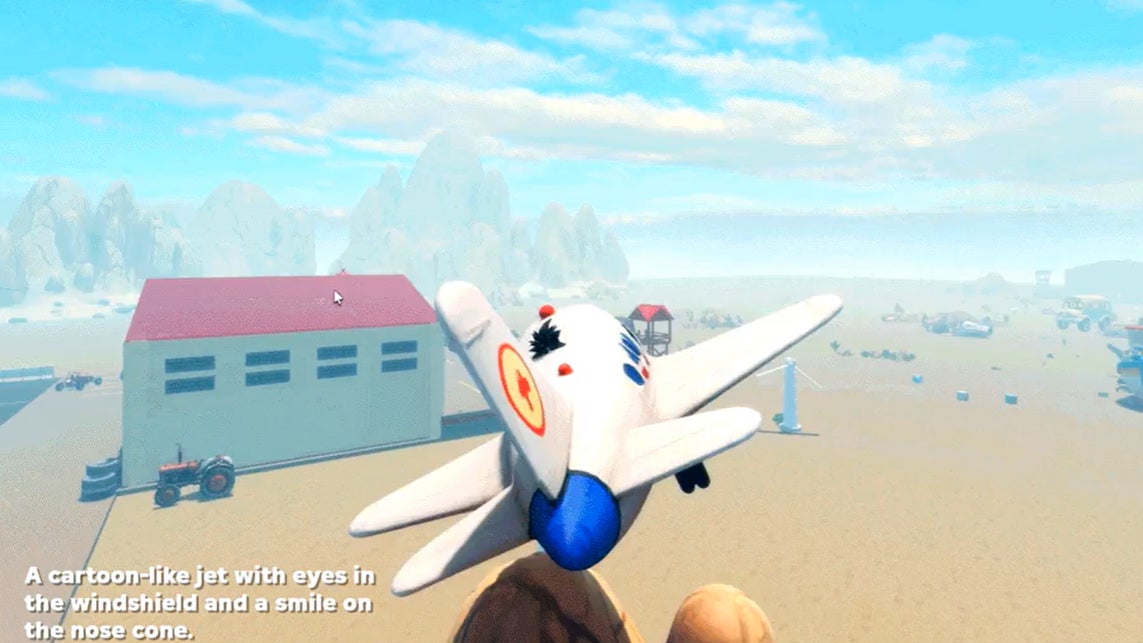
/https://app2top.ru/wp-content/uploads/2026/02/Romeo-is-a-Dead-Man-ii-1200x630.jpg)

/https://app2top.ru/wp-content/uploads/2026/02/Magda-i-Lena-1200x630.jpg)
/https://app2top.ru/wp-content/uploads/2026/01/Revera-1200x630.jpg)
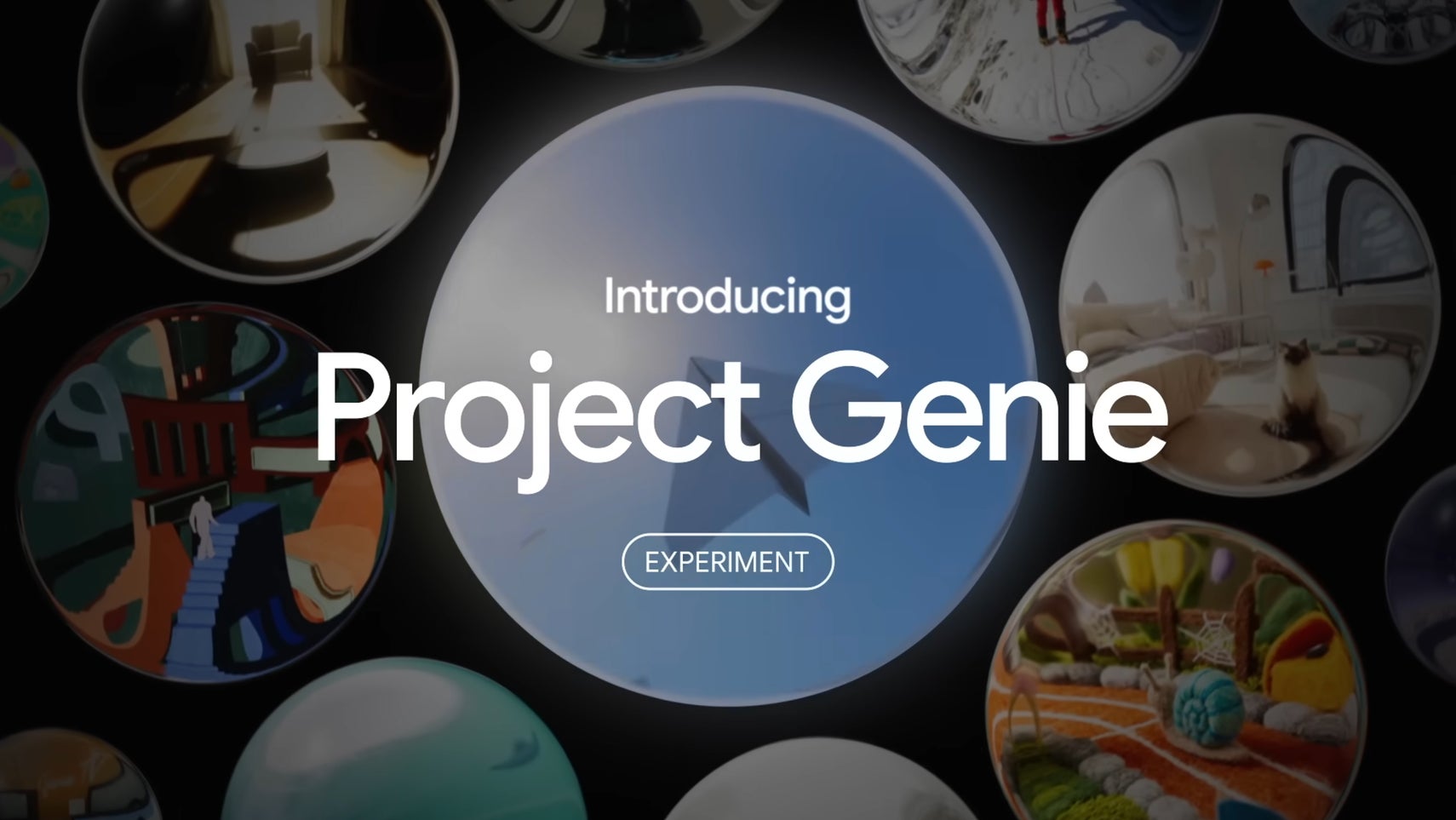
/https://gameworldobserver.com/wp-content/uploads/2026/01/while-True-lear-1200x630.jpg)
/https://app2top.ru/wp-content/uploads/2026/01/while-True-lear-1200x630.jpg)
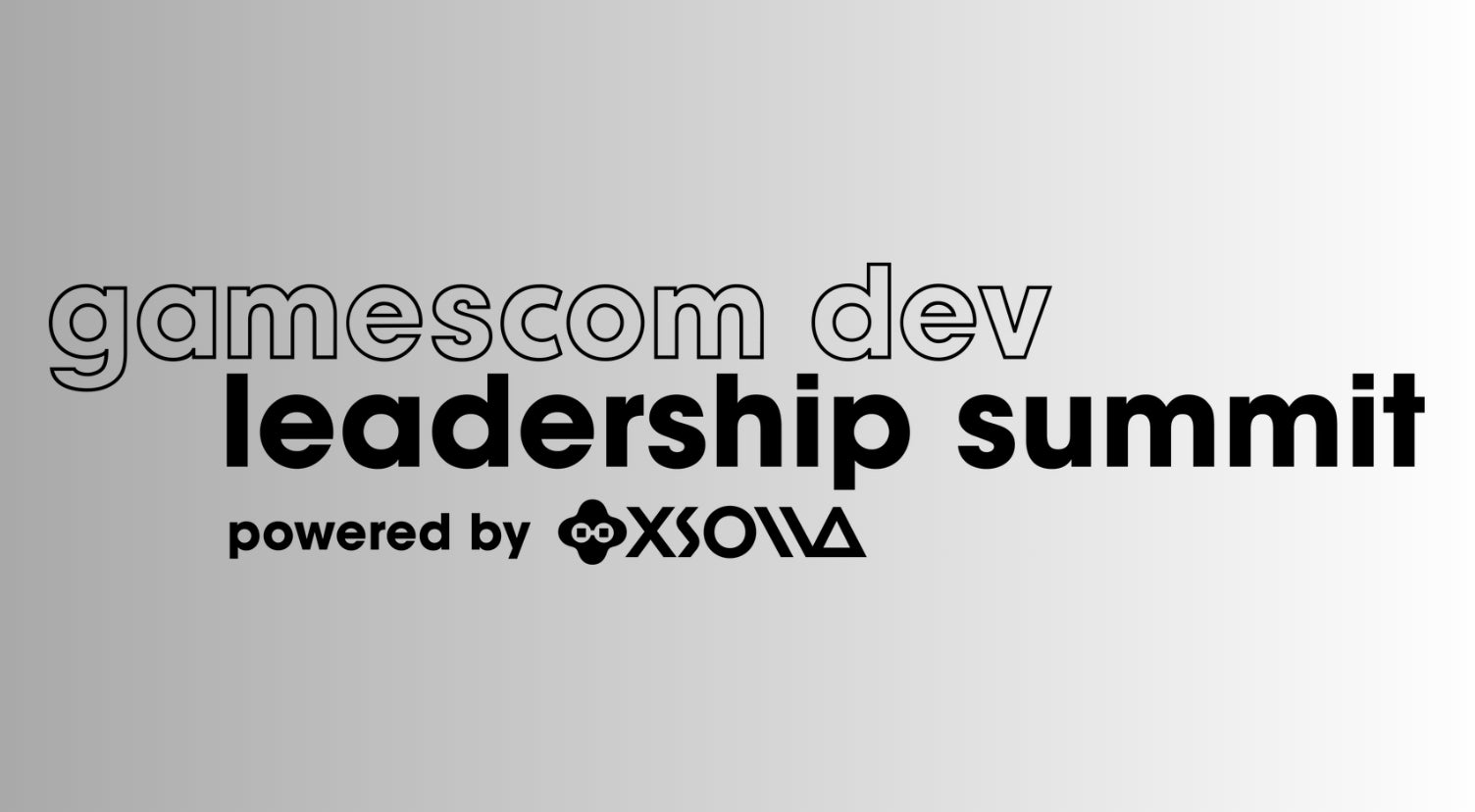
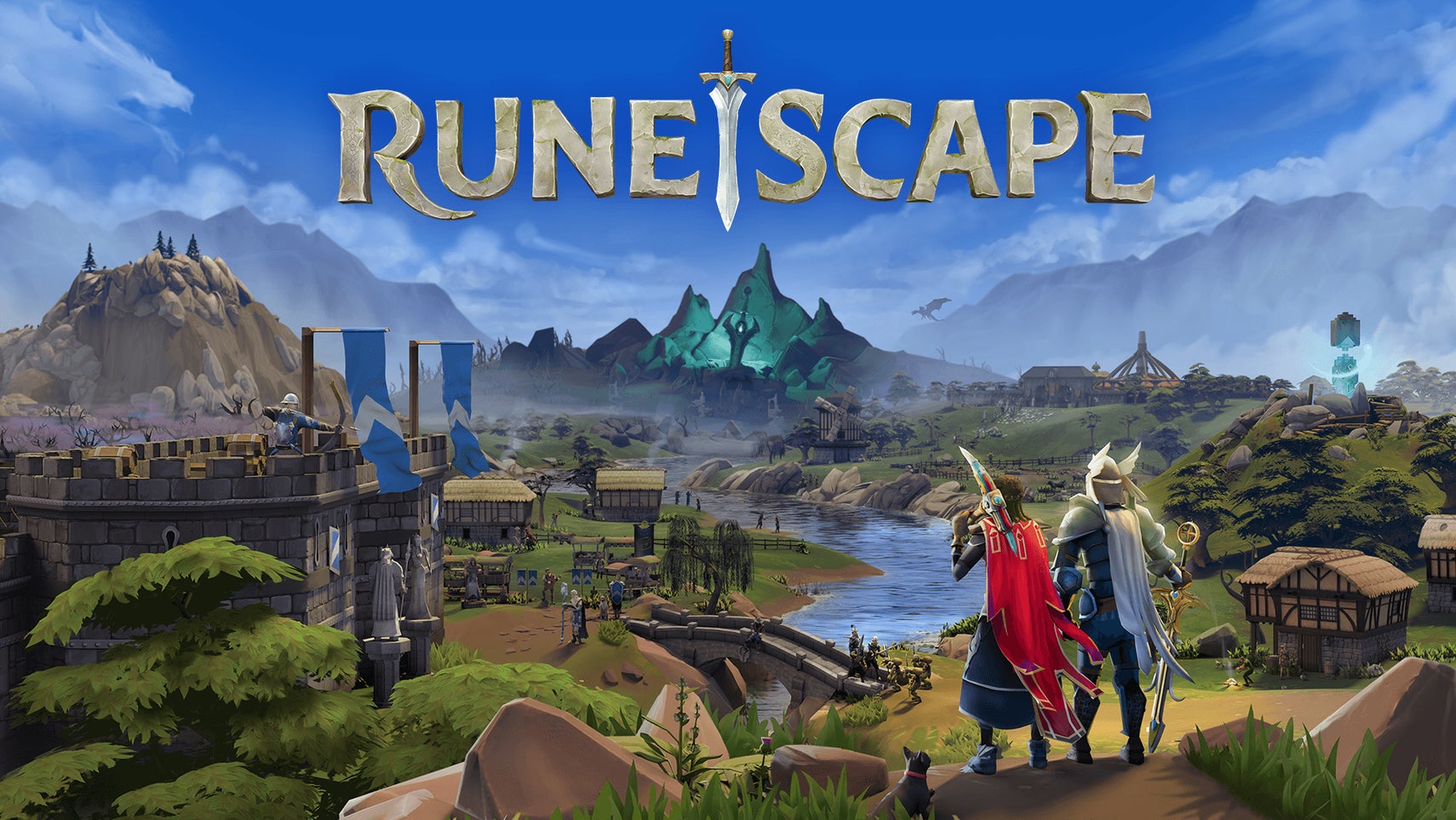
/https://app2top.ru/wp-content/uploads/2026/01/beresnev-1200x630.jpg)
/https://app2top.ru/wp-content/uploads/2026/01/steam-2025-report-1200x630.jpg)

/https://app2top.ru/wp-content/uploads/2026/01/Astrum-1200x630.jpg)
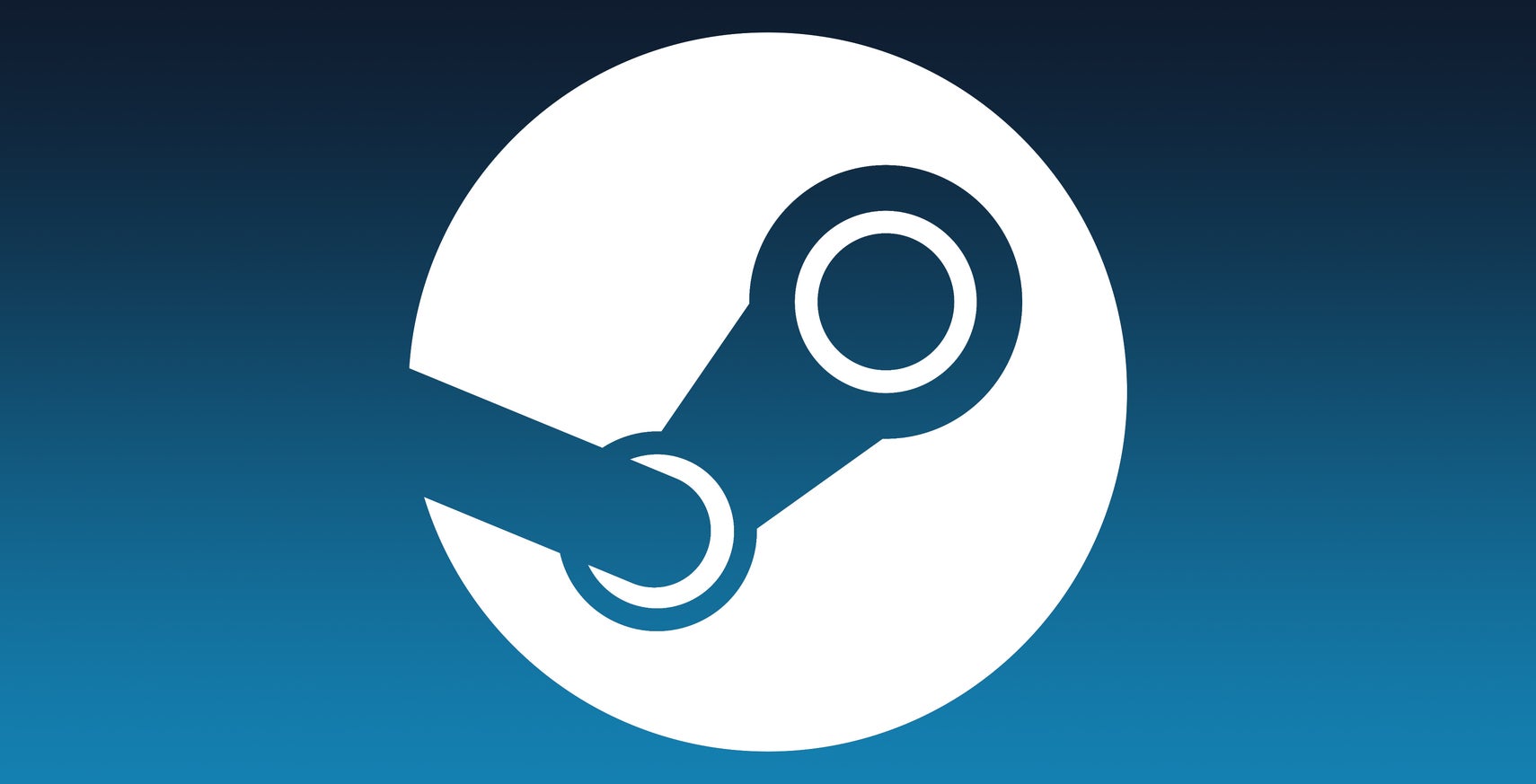
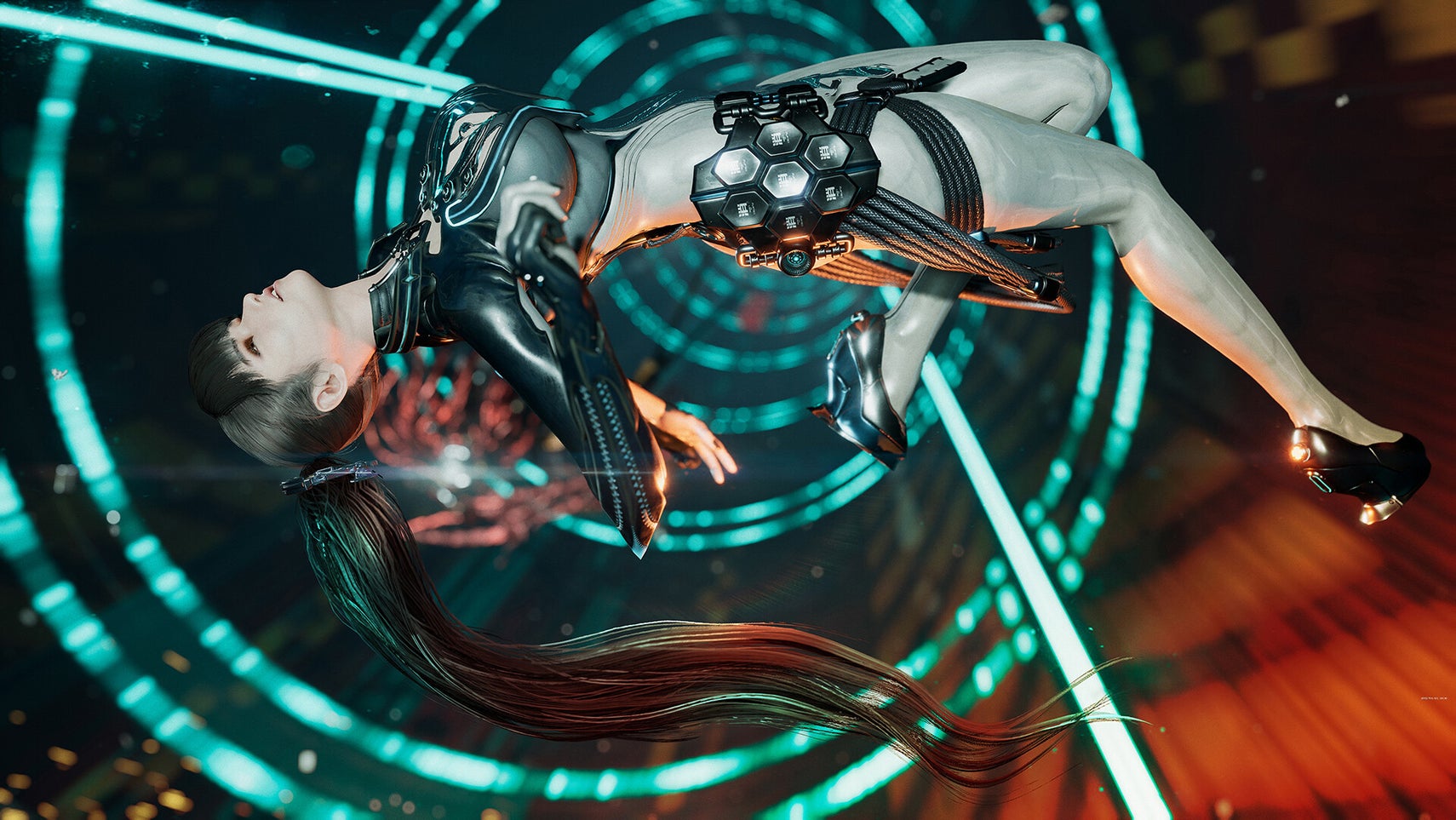
/https://app2top.ru/wp-content/uploads/2026/01/oblozhka-1200x630.jpg)
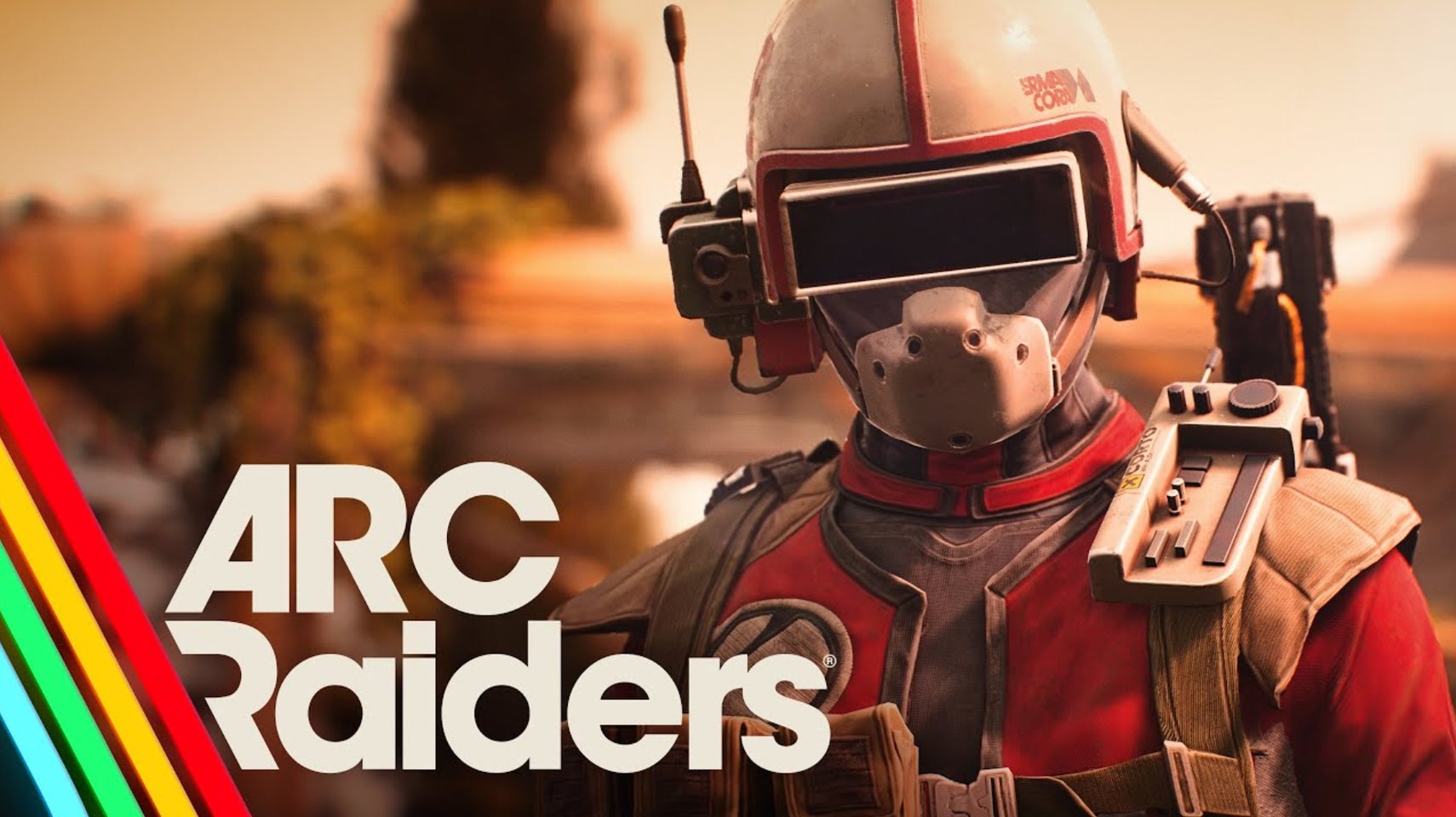

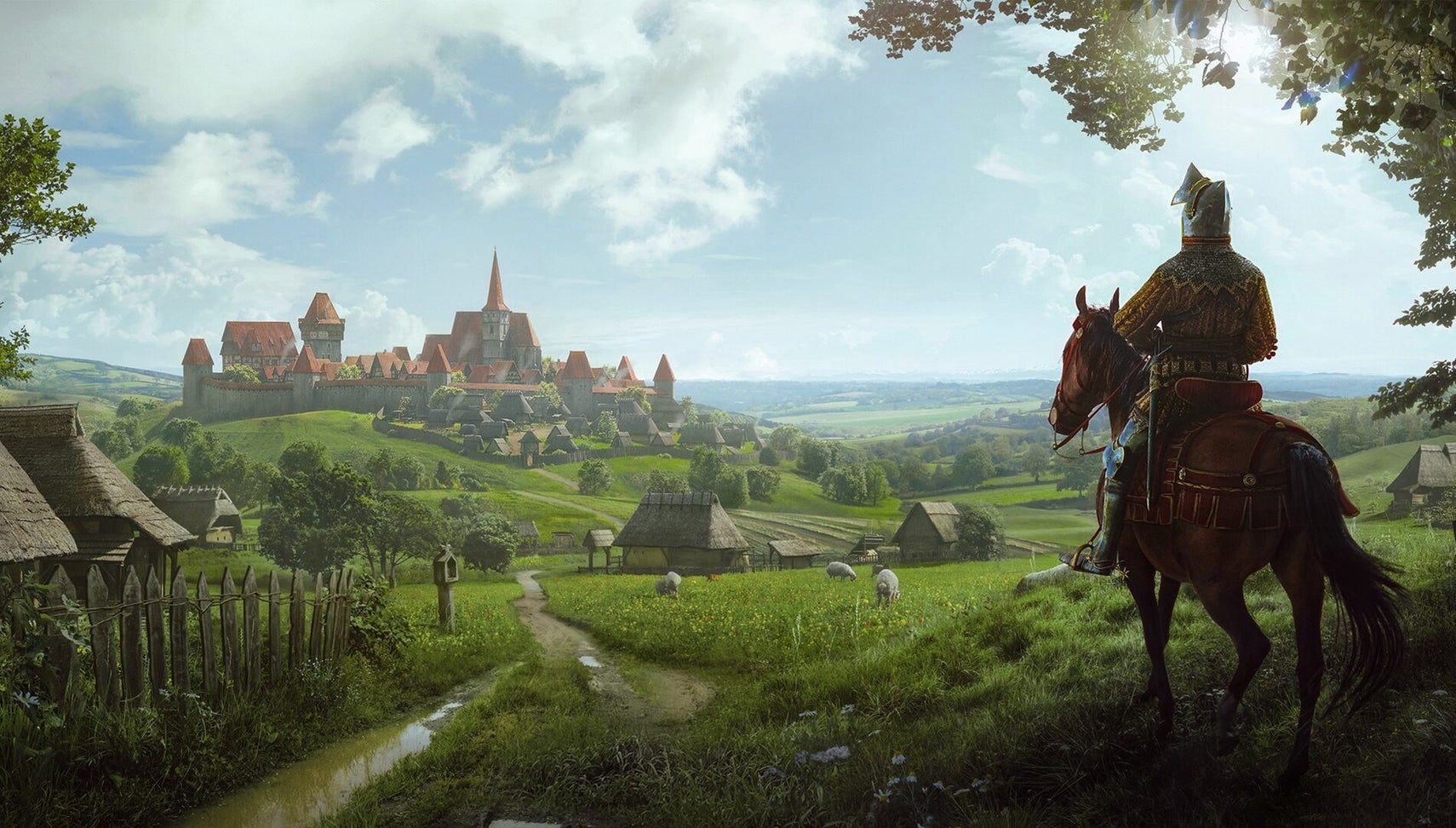
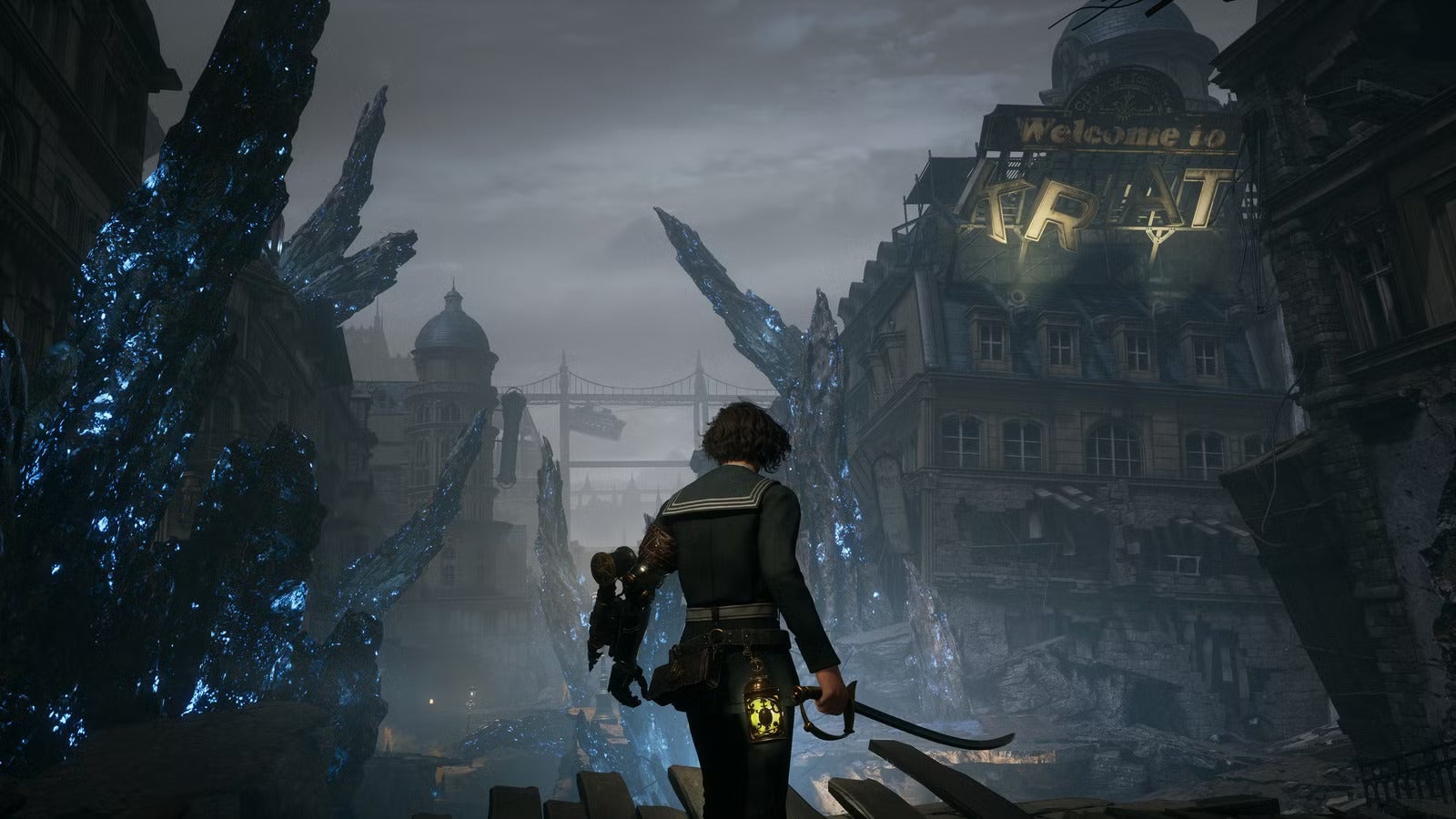


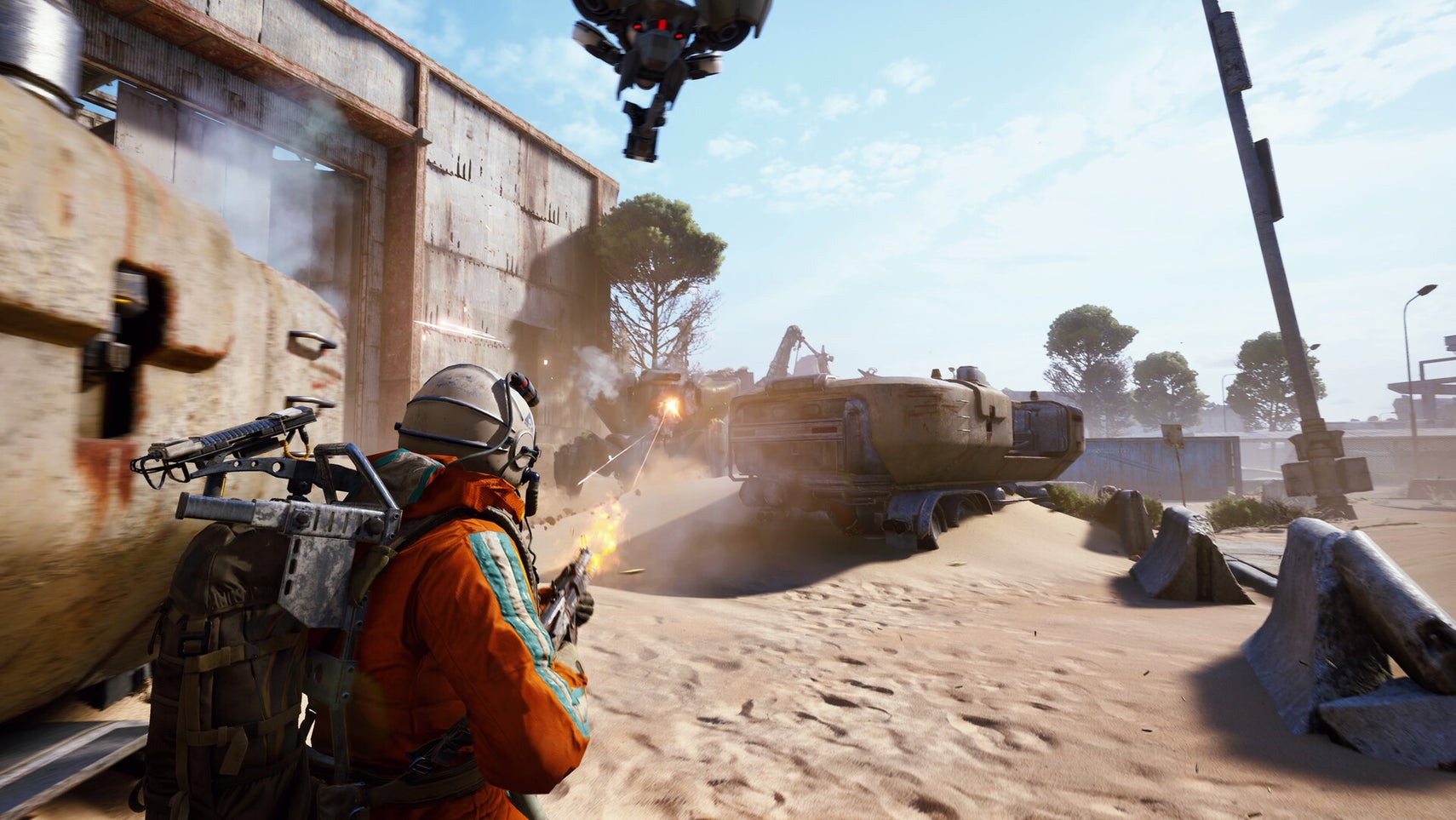
/https://app2top.ru/wp-content/uploads/2025/12/Slava-1200x630.jpg)
/https://app2top.ru/wp-content/uploads/2025/12/PJS-1200x630.jpg)
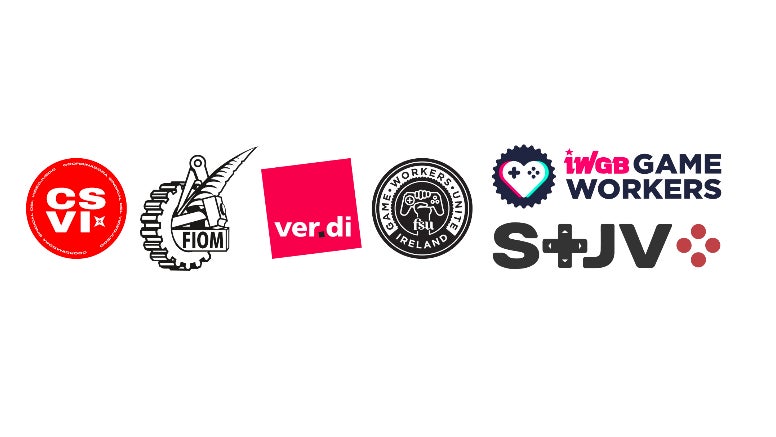
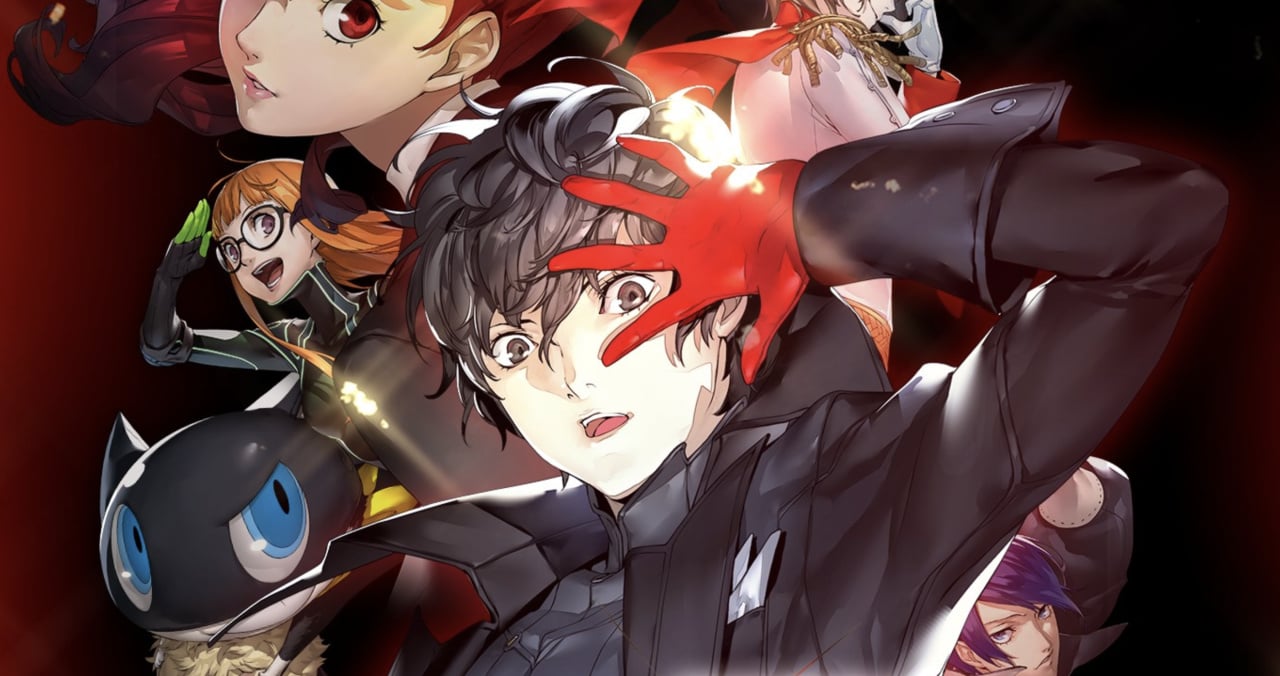
/https://app2top.ru/wp-content/uploads/2025/12/Horizon-Worlds-1200x630.jpg)
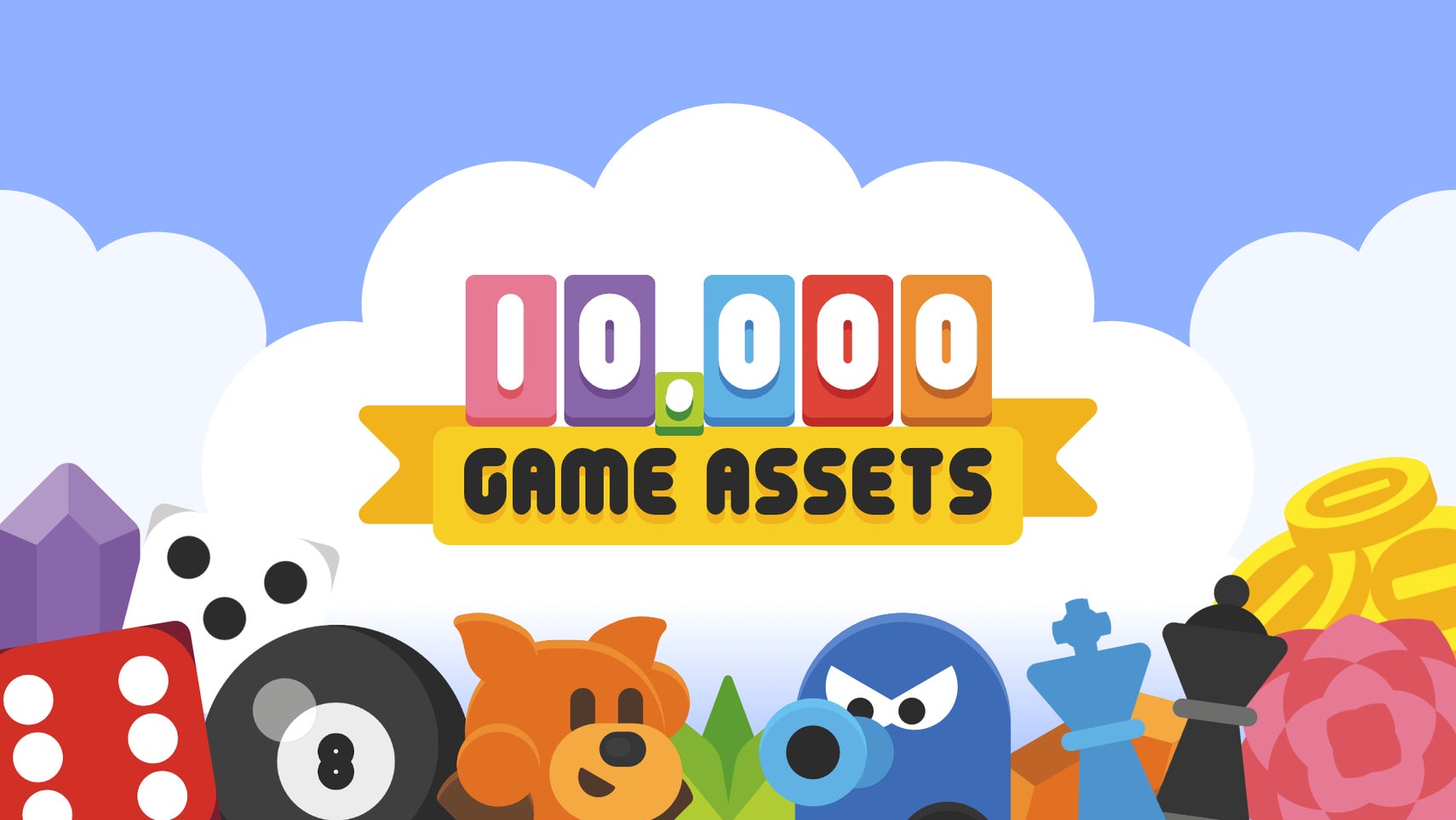
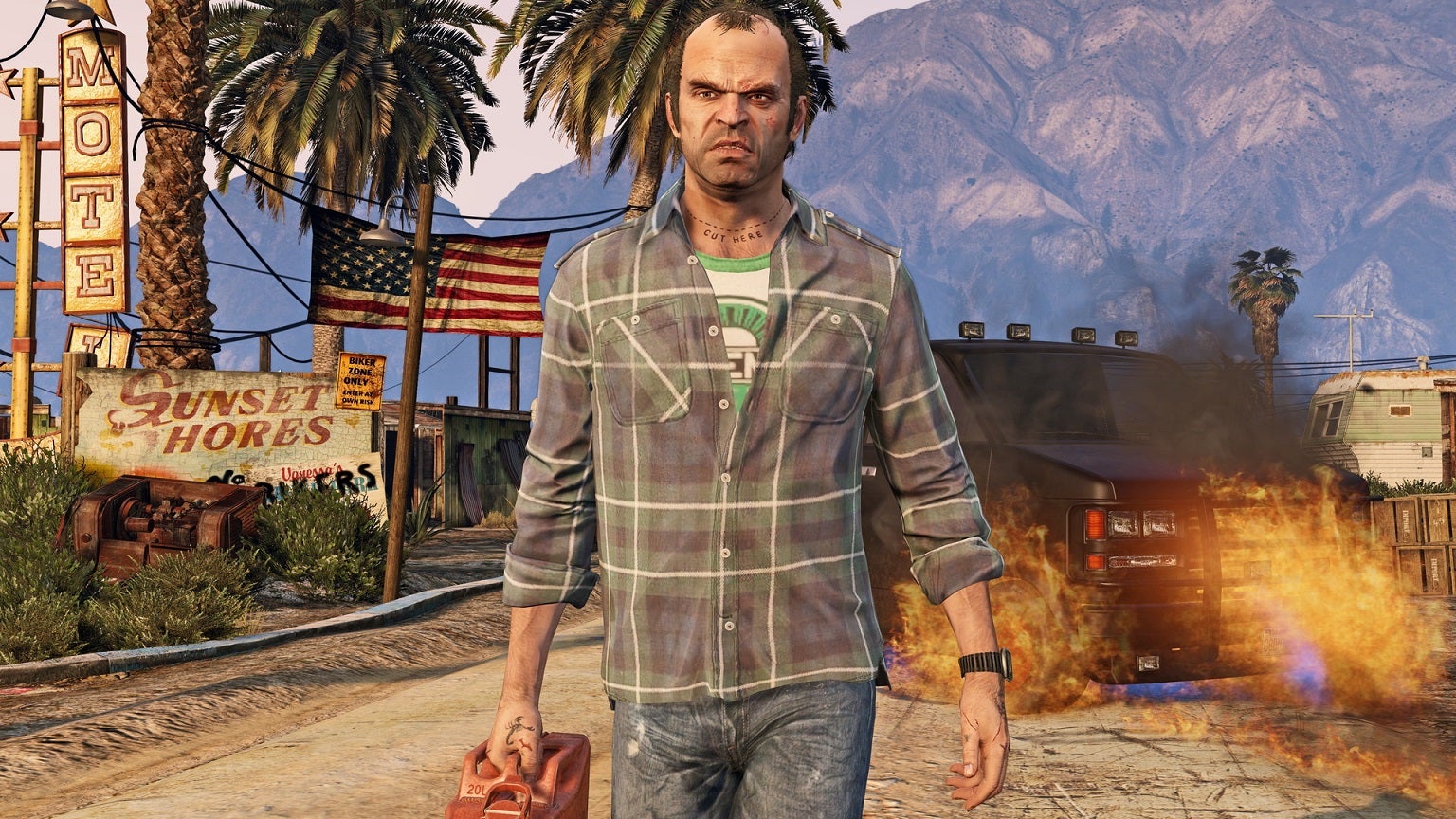

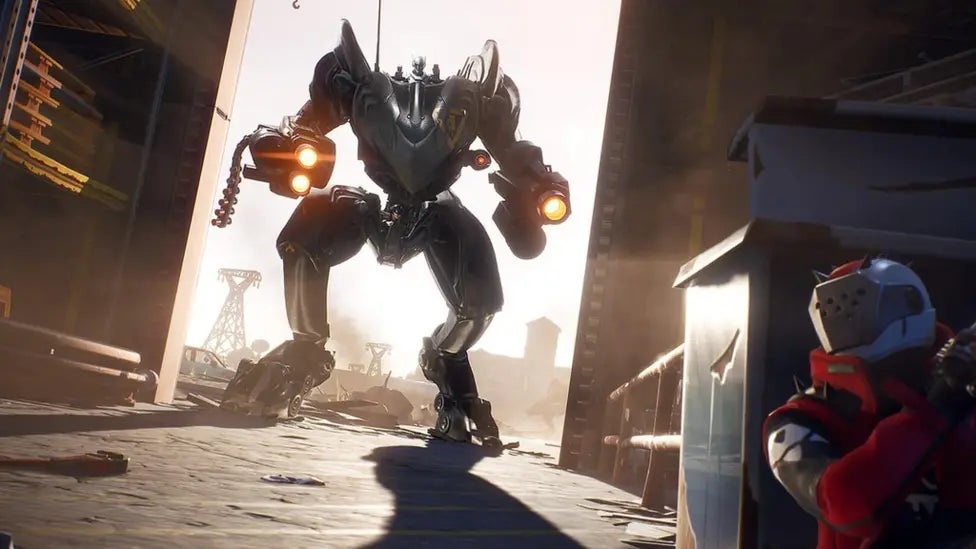
/https://app2top.ru/wp-content/uploads/2025/11/gaming-stocks-nov-2025-1200x630.jpg)
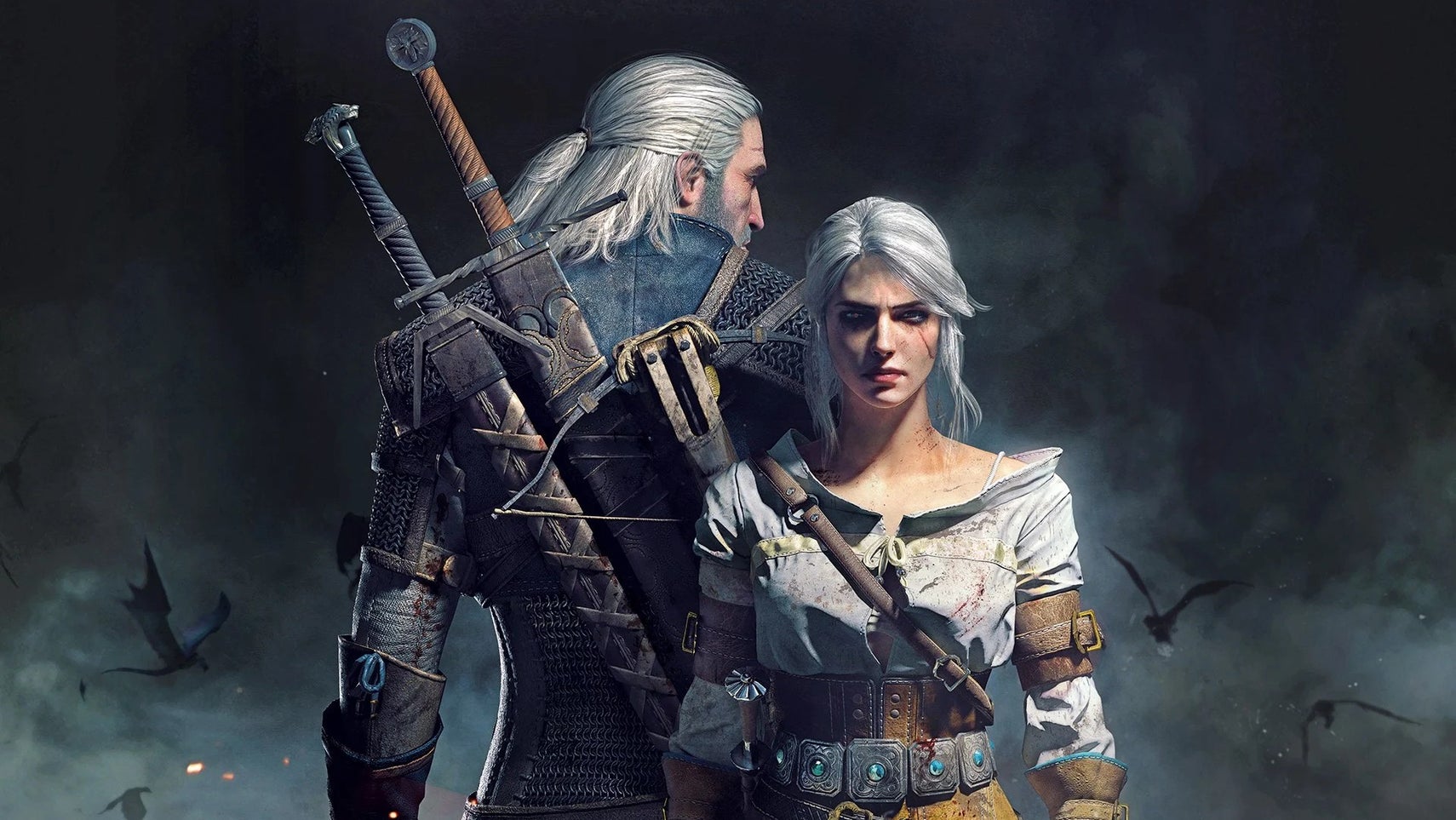

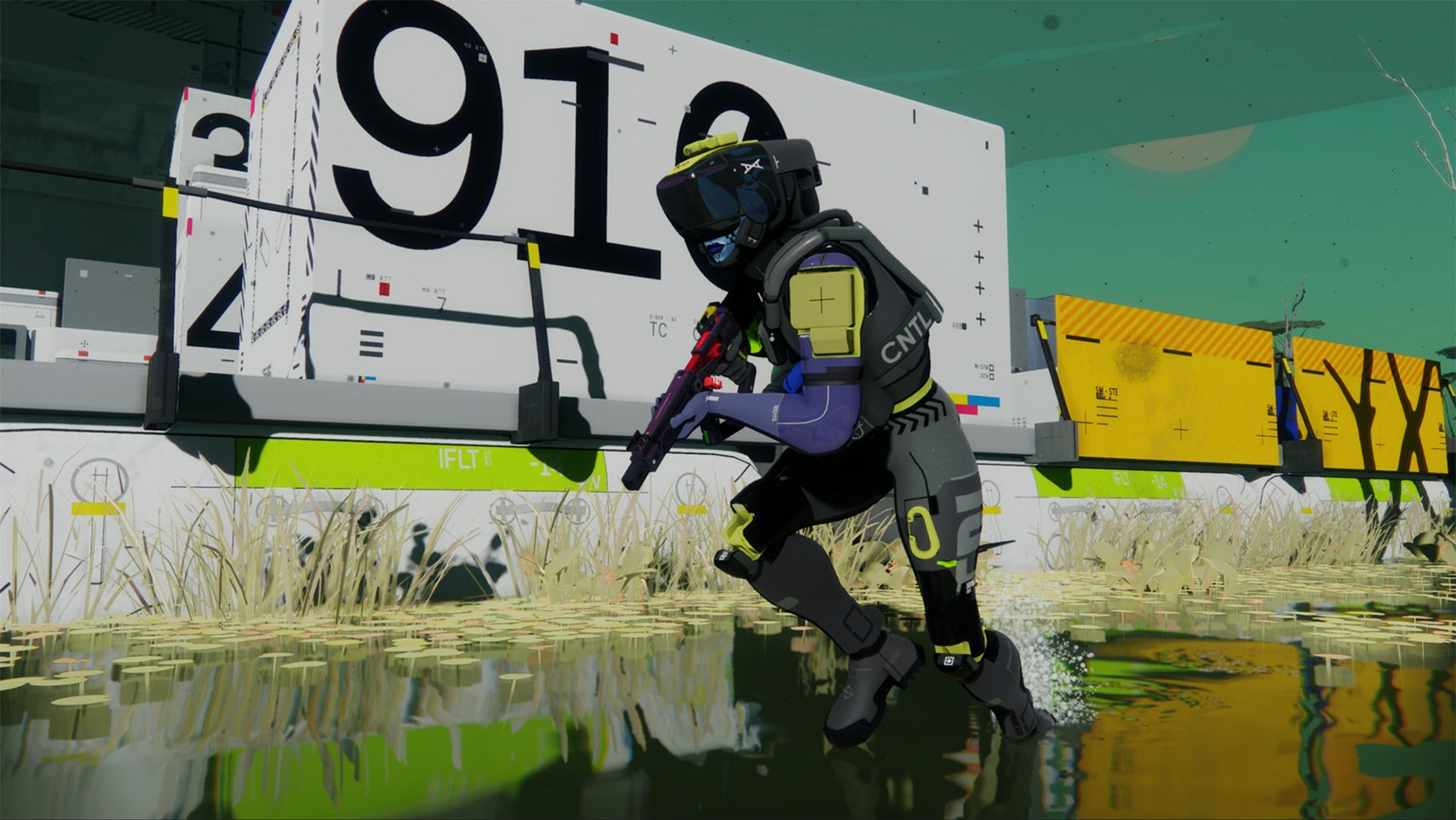
/https://gameworldobserver.com/wp-content/uploads/2025/11/Subnautica-2-1200x630.jpg)
/https://app2top.ru/wp-content/uploads/2025/11/Subnautica-2-1200x630.jpg)
